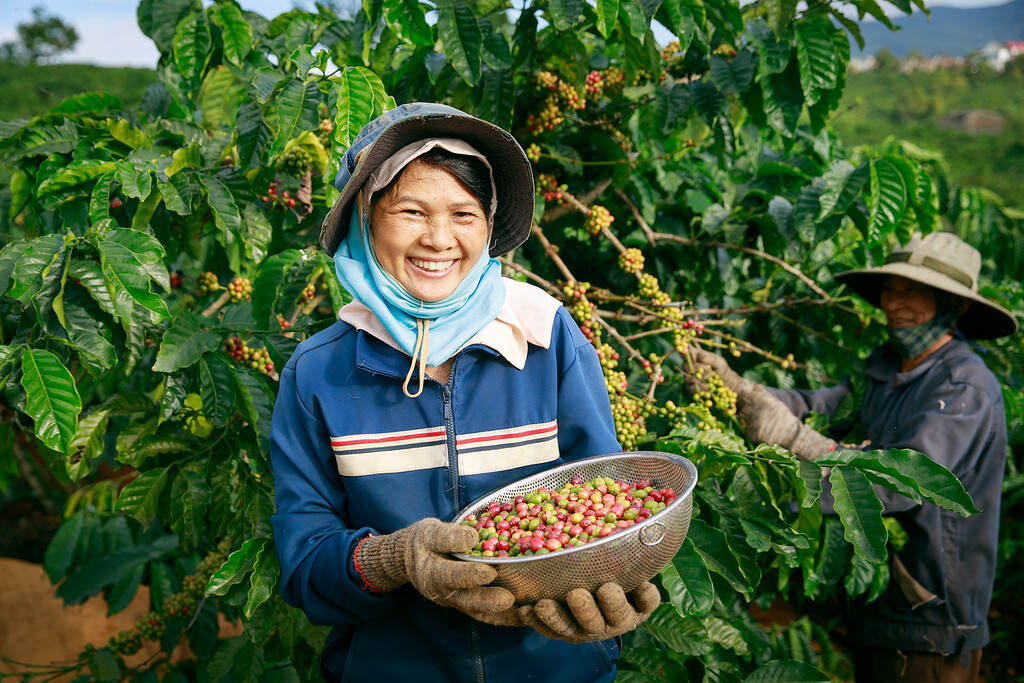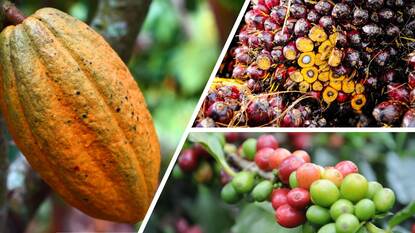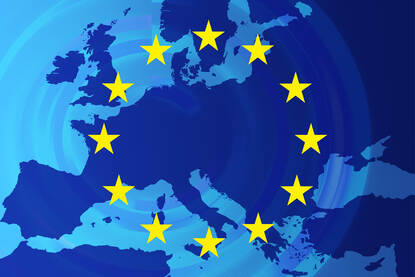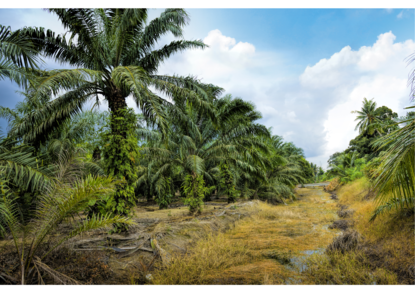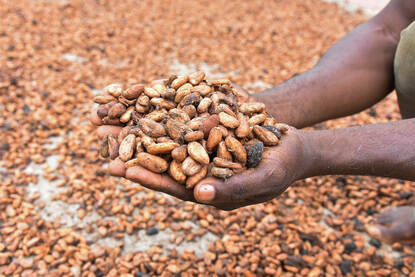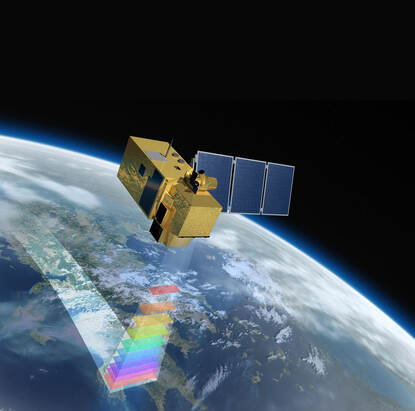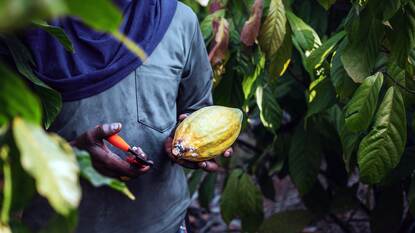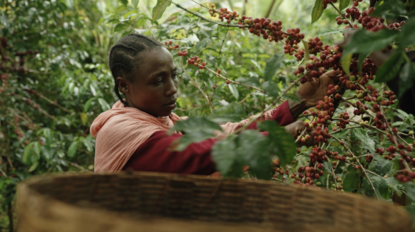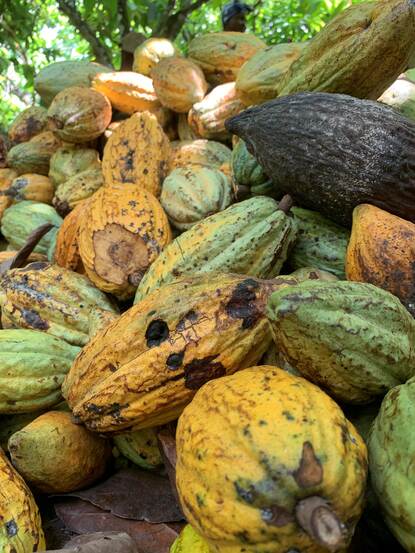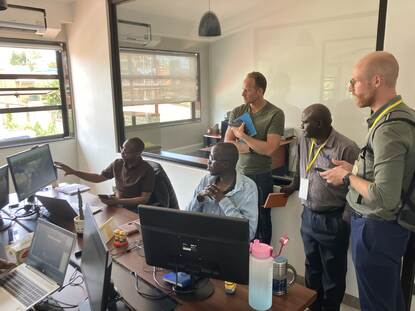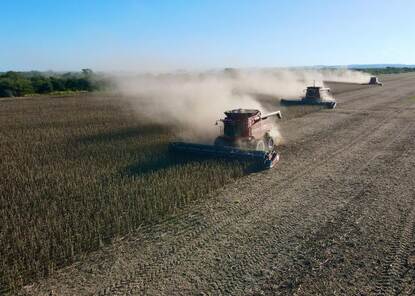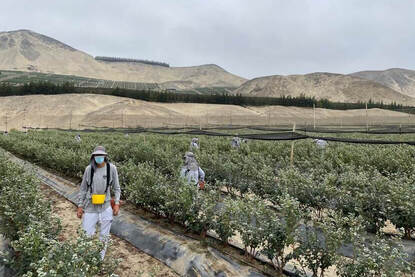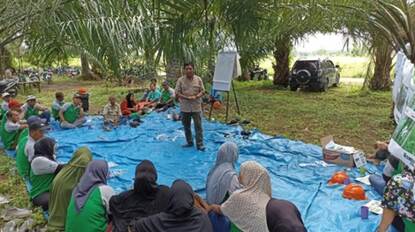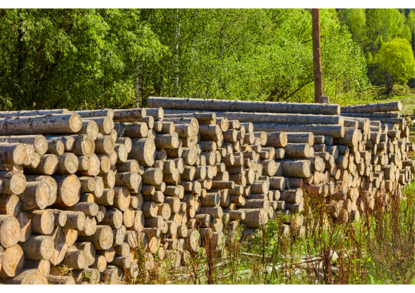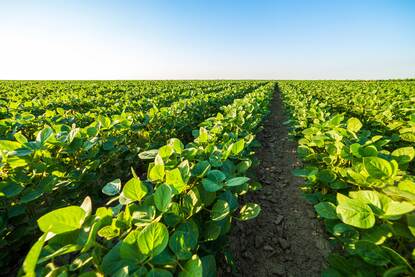Foto Farmer in Di Linh the Central Highlands, Vietnam, harvesting coffee from her farm. Source: IDH
In its efforts to comply with the European Union’s Deforestation Regulation (EUDR), Vietnam faces challenges with location data, traceability, forest monitoring systems, and deforestation-free supply chain management. This article explores how Dutch-Vietnamese collaboration is supporting Vietnam's coffee industry and helping transform these challenges from the EUDR into opportunities for sustainable development.
The Netherlands is the largest European investor in Vietnam. Vice versa, the Netherlands is the country’s largest European export destination. An important factor in Dutch-Vietnamese relations is the trade in spices and coffee. In 2023, for example, the Netherlands imported almost 8,000 tons of pepper, 1,200 tons of cinnamon and 295 tons of star anise from Vietnam. The Netherlands also imported almost 45,000 tons of Vietnamese coffee, nearly four times as much as in the period 2017-2022.
In recent years, there have been several businesses and high-level governmental delegations from the Netherlands to Vietnam. This trend shows growing mutual interest and reflects successful collaboration between the Netherlands and Vietnam. Over the past decade, the two countries have been developing sustainable food systems and improving supply chain sustainability together, for example for the coffee industry. Last year, the two countries celebrated 50 years of diplomatic relations, and this year marks ten years of the Strategic Partnership Arrangement on Sustainable Agriculture and Food Security.
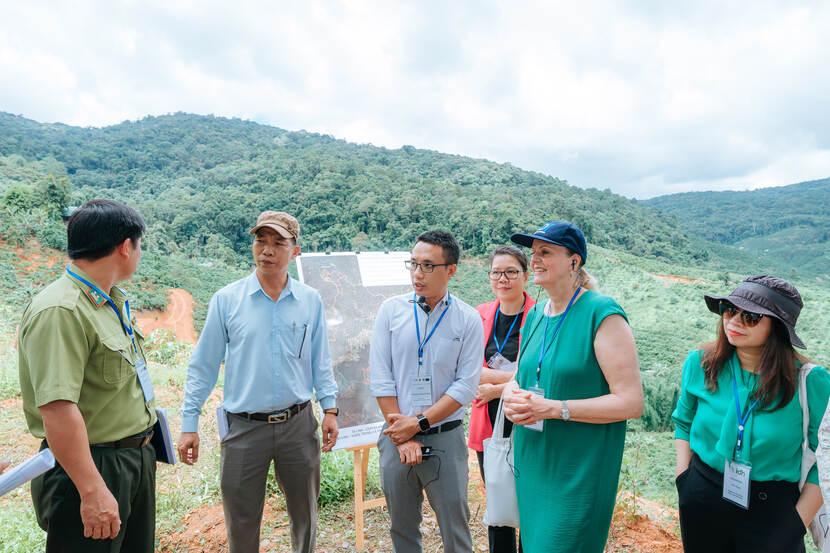
‘The Dutch-Vietnamese partnership exemplifies how international cooperation can tackle intricate challenges like the EUDR.’
The Netherlands as a strong partner in sustainable coffee
The EUDR poses significant challenges for the Vietnamese coffee industry. Actors in the coffee value chain must deal with location data, traceability, forest monitoring systems, and deforestation-free supply chain management. Amid Vietnam's efforts to meet EUDR requirements, Dutch businesses play a vital role as intermediaries. They can serve as a link between Vietnamese producers and discerning markets such as the EU, ensuring that ethically sourced Vietnamese coffee reaches consumers who prioritize sustainability. This will contribute to the development of the coffee industry in Vietnam which is a source of livelihood for around 600,000 smallholder farmers, producing in 1.4 million plots of coffee land.
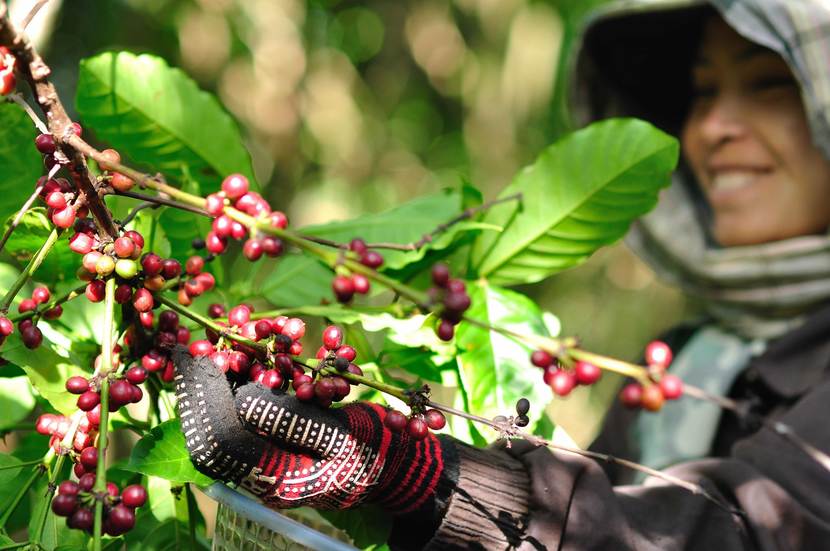
IDH: a catalyst for change and a leader in EUDR compliance
Even before the EUDR came into effect, the Sustainable Trade Initiative (IDH) – the globally recognized leader in sustainable market transformation, headquartered in the Netherlands – played a pivotal role in supporting Vietnam’s coffee sector. Recognizing the importance of sustainable practices, IDH convened key public and private stakeholders, including ministries, industry leaders, companies, farmer associations and relevant organizations in a partnership for large sustainable sourcing landscapes. This proactive approach through the development of Protection, Production, and Inclusion Compacts (PPI Compact) laid the groundwork for Vietnam’s EUDR compliance journey.
Building on this foundation, IDH spearheaded a multi-stakeholder Memorandum of Understanding (MoU) in June 2023. This MoU brought together government bodies, NGOs, and private coffee businesses to foster knowledge sharing and develop cost-effective solutions for EUDR compliance (see pages 12-15). The momentum was further amplified with the establishment of the Vietnam EUDR Core Alliance in February 2024. This alliance, comprising of 12 major coffee companies and representing 70% of Vietnam's coffee production, strengthens Vietnam's position. They collaborate to develop and implement EUDR solutions, share data, and provide regular updates to tackle EUDR challenges.
Furthermore, Vietnam's Ministry of Agriculture and Rural Development (MARD) implemented a series of initiatives outlined in the EUDR Action Plan (see pages 12-15). Pooling the resources of the private sector and leveraging the capacities of existing public agencies, these initiatives ensure alignment and cost effectiveness of EUDR compliance, empowering all actors in the supply chain, from farmers equipped with GPS data to businesses implementing robust traceability systems.
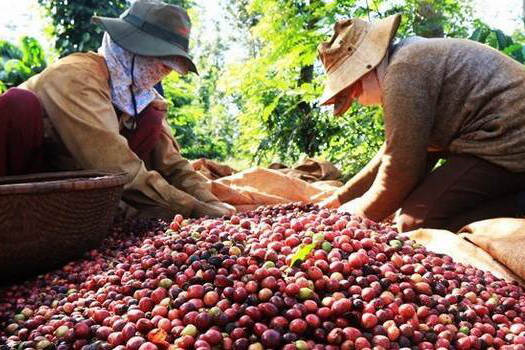
Collaboration among Dutch and Vietnamese stakeholders is crucial
To navigate the challenges the EUDR poses for the Vietnamese coffee industry and to ensure a sustainable future for Vietnamese coffee, collaboration among stakeholders is crucial. Dutch businesses have a range of innovative options to support the sustainable growth of the Vietnamese coffee industry from a business standpoint, such as applying good agricultural practices, drying facilities, products of specialty, and premium prices for high quality products. The primary focus is on securing more direct engagement and stronger commitment from Dutch coffee buyers within the Vietnamese coffee supply chain. This goes beyond simply involving general EU coffee buyers. The Dutch and Vietnamese governments collaborative agenda prioritizes sustainable agriculture, especially EUDR compliance for the coffee sector. This creates trust among Dutch companies to offer expertise and contribute to achieving a shared goal.
The Dutch-Vietnamese partnership exemplifies how international cooperation can tackle intricate challenges like the EUDR. Through joint endeavors, Vietnam's coffee industry can safeguard a sustainable future that upholds its natural heritage and economic growth.
‘The EUDR poses significant challenges for the Vietnamese coffee industry.’
Figures about Vietnam’s coffee export to the Netherlands and the EU
Vietnam's coffee industry continues to be a powerful economic driver, with exports reaching an impressive 4.18 billion dollars in 2023. Notably, the Netherlands is a significant importer of Vietnamese coffee. In 2023, Dutch imports of coffee from Vietnam soared to approximately 44,300 tons, valued at 121 million dollars. In 2022, coffee exports from Vietnam to the European Union included 652,000 tons with a worth of 1.66 billion dollars.
More information
Would you like to know more about the EUDR and its impact in Vietnam? Please go to the country page of Vietnam at the website Agroberichtenbuitenland.nl of the Dutch Ministry of Agriculture, Nature and Food Quality. You can also send an e-mail to the agricultural team at the Dutch Embassy in Hanoi: han-lnv@minbuza.nl.
